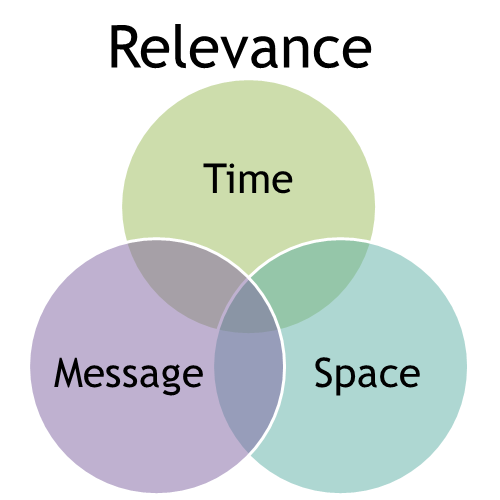 I had the privilege of speaking to a group of pastors this past week on the area of discipleship – a topic that probably keeps many of them awake at night.
I had the privilege of speaking to a group of pastors this past week on the area of discipleship – a topic that probably keeps many of them awake at night.
I began the talk with 4 things that we need to admit about discipleship to get the conversation started and hopefully to challenge accepted ways of thinking that I believe are not right. I will share these over the next four blogs and trust that it will push your thinking in new ways.
First: We need to admit that we cannot disciple the way that Jesus did. A great way to begin a talk on discipling people to live like Jesus – it got their attention. Interestingly, I received an email the very morning of the talk. It was promoting a conference that stated the following: “Founded on the process of disciple-making that Jesus taught and modeled, Ignite 2014 will teach how He turned fisherman and tax collectors into some of the most influential men ever to live”. Really? It sounds very spiritual and noble, that we are able to read the bible and take the practical methods of Jesus and apply them today. But really?
Let’s admit that it is culturally impossible to makes disciples like Jesus did. That Jesus simply used the culturally relevant methods of his day but that these methods will NOT work in our context. In fact, unless you are ready to choose 12 teenage boys and live with them for about 3 years and then have yourself killed so that they are forced to carry on the work, then we cannot disciple like Jesus did.
Why do we think that talking spiritually about how Jesus did things makes things better? Jesus lived in a cultural context that involved Rabbis and disciplees – it was normal for this to happen. That is not normal for today. In fact I believe that we have more to learn from secular research on adult learning than we do from the methods used in scripture. And there is nothing wrong in admitting this. Being a disciple of Jesus simply means to be a learner of Jesus’ way of life. So how do we learn best?
This fall I committed myself to spending 3 hours each week at our university library and reading books and taking notes on adult learning methods. I truly want to help others in their walk of faith and I’ll only be able to do this best by learning how people learn in my context, not in a context from 2,000 years ago.
Call me a heretic if you’d like, but I’d like to think of myself as constantly trying to be relevant.
I am typically working with guys who are involved in business. My wife is involved with young women who have mental issues but still want to follow Jesus. Do you think it looks the same when we get together? Absolutely not.
We have the privilege of walking alongside people to help them follow Jesus with all of their heart, mind and strength. Let’s do that, where they are at, and in a way that is relevant.
For the kingdom.
